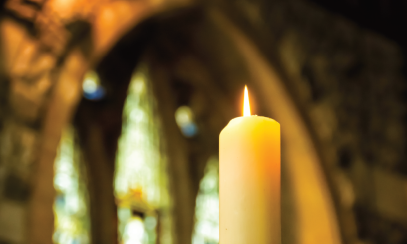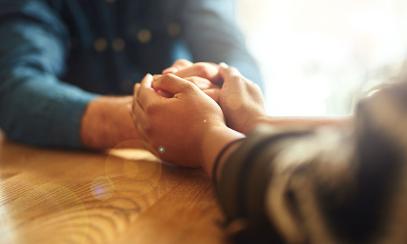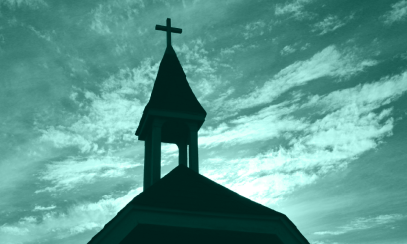Peacemakers or breakers
How should we look at peace after Sept. 11?
How should we look at peace after Sept. 11?
Dear Fr. Joe: How should we look at the war on terror? I am not clear on our role as ‘peacemaker’ when we are fighting. What is peace?
OK, let’s go to the Catechism of the Catholic Church. There, we find peace defined as one of the fruits of the Holy Spirit mentioned in Galatians 5:22-23. (CCC 1832) Peace is a goal of Christian living, as indicated by Jesus who said ‘Blessed are the peacemakers, for they shall be called children of God.’ (1716) The fifth commandment requires us to preserve and work for peace. I also like St. Augustine’s definition of peace: “the tranquility of order.” It is “the work of justice and the effect of charity.” (2304)
So, we see that there are two levels to peace – personal peace and social peace.
Personal peace is something we find within ourselves even when everything around us seems to be in conflict. I once heard my sister Laure use a great analogy. In science class, Laure learned that when a storm hits the open seas, the fish that normally swim close to the ocean’s surface dive deeper into the waters, because the depth is constant even when the ocean’s surface is going wild with wind and waves. This constancy at the depth, Laure said, is her idea of the peace that Jesus gives.
Peace, I believe, lies within our hearts. We do not have to go and get it; it was instilled within us at our baptism. It is the depth to which we go. You have felt this peace – in fact, I would guess that there have been times in your life when finding that peace within you caught you by surprise. No matter what happens around us – or even to us – we know that Jesus conquered sin and death for all time. Because of this, we are more than conquerors. (cf. Rom 8:37) John 16:33 states, “ ... In the world you will have trouble, but take courage, I have conquered the world.”
Let’s keep that idea in mind as we look at our current situation in the world. We can find personal peace no matter what is going on around us.
The next idea is more difficult to explain in light of our current war on terrorism. The catechism breaks down how a Christian should act in time of war in sections 2302-2317. This is a very important section – check it out.
According to the catechism, it is our duty to avoid war “because of the evils and injustices that all war brings with it.” We must not enter into conflict out of anger or hatred. People who renounce violence to defend and protect human dignity show real Christian ideals to the world “ ... provided they do so without harming the rights and obligations of other men and societies.” (2306)
However, the church teaches that in the current state of the world, governments must be allowed to defend themselves once it is clear that more peaceful methods will not work. Because of the severe nature of war, the moral reasoning for it must be clear and well-founded.
In section 2310, we learn that soldiers in the military are servants who protect the common good and maintain peace, provided they act honorably and out of duty. The government must respect conscientious objectors, provided they opt to serve human dignity in an alternative way.
So, what should a faithful Catholic do during this time? I believe that the only way to honor the clear requirements of the church during this time is to develop a well-informed conscience.
Dear Fr. Joe: How do I form a well-developed conscience?
First of all, I think we must work hard to purify our motives. Our thinking and our actions cannot be motivated by a hatred or love for President Bush, by racism, by a desire for vengeance or even by complacency. We must, in all things, be motivated by a desire to achieve true peace in the world and protect and defend human dignity. Social peace is not possible without the presence of justice.
Once we have purified our motives, we must learn as much as we can about the current situations. Read and research; listen and converse with people who have served as a compass for you in the past during times of questionings and wonderings.
Obviously, during this process, we must pray. Pray that God will pierce our hearts with the light of truth. Pray that God’s will be done in our hearts and in the world. Surrender the situation to Jesus and ask him what your role is to be in this conflict. I sometimes catch myself saying, “Well, all we can do is pray,” which is kind of like saying, “Since we can’t do anything else, we may as well pray.” But prayer is the start and the finish of everything.
Once we have done this, we must act on our conscience. That part is easy. The second requirement is a little more difficult. We must trust that people around us are following their consciences, too.
May God bless our efforts. Enjoy another day in God’s presence!



